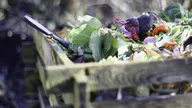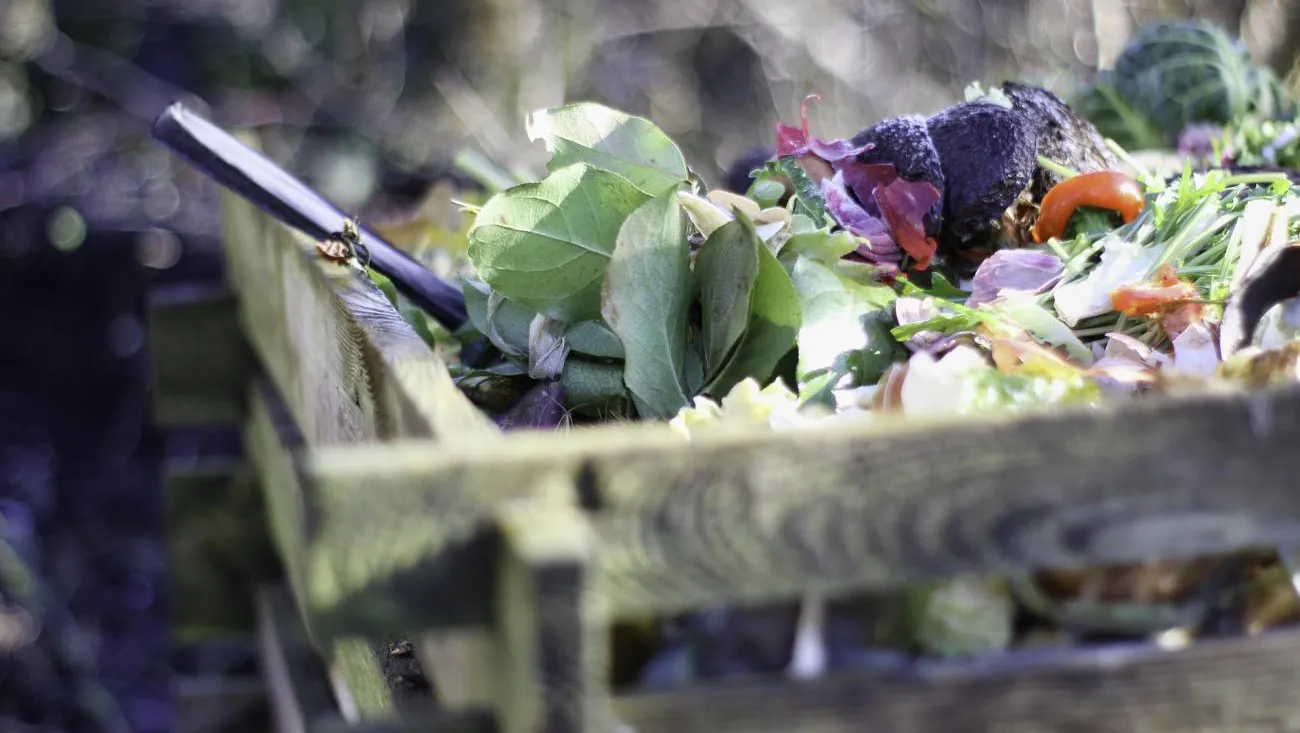Does Wasting Food Contribute to Climate Change?
Posted:
Wasted food may not be what comes to mind when you think of major contributors to climate change, but it has a significant impact that can go under the radar. This impact is felt at every stage of the human food system, from farm to table.
The food we throw away contributes to greenhouse gas emissions in several ways. It is estimated that roughly one-third of food that is produced does not end up being eaten.
① This contributes to an estimated 8 to 10 percent of global greenhouse gas emissions. ② Wasting food also means that the resources and energy used to grow, transport, and store it are wasted. This creates unnecessary carbon dioxide. In addition, food waste that ends up in landfills decomposes to produce methane, a potent greenhouse gas.
Starting with the beginning, the production of food has a sizeable impact on the environment before it ever reaches the grocery store shelves. Food production through agriculture is a major source of greenhouse gases, accounting for around 13 to 21 percent of total emissions. ③ Scientists specifically call this wasting before the food can get in the hands of the folks that eat it ‘food loss’. When food is lost before it even has the chance to reach people, the environmental impacts of its production are also lost, contributing to climate change overall.
As the population of our planet increases, so too does the demand for new food to be produced, which in turn increases the need for land and water resources. This can lead to the destruction of natural habitats, such as deforestation, making the impacts of climate change even worse.
All hope is not lost because there are some simple steps that individuals and organizations can take to reduce their own food waste, such as planning meals more effectively, using leftovers, and composting food scraps. However, solutions to prevent food waste from ending up in the dump are not all created equal. As shown in the diagram below, actions that prevent food waste in the first place have the largest impact, whereas waste disposal solutions like composting, although still helpful, is not as impactful.
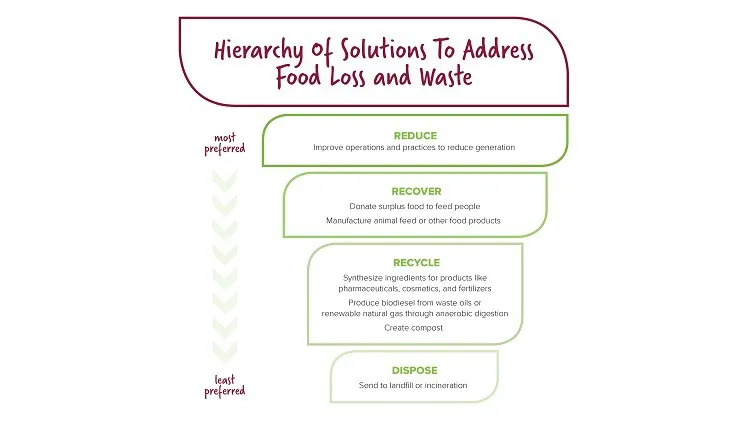
Figure 1. The hierarchy of solutions to address food loss and waste. Government of Canada. “Taking Stock: Reducing Food Loss and Waste in Canada.” June 28, 2019, https:// www.canada.ca en /environment climate change/services/managing reducing waste/food loss waste/taking stock.html
Food Rescue in Alberta
Food waste is a big challenge. In Canada, it is estimated that food loss and waste makes up 20 percent of edible food, which equates to eleven million tonnes of food waste annually. In Alberta alone, estimates show that discarded food composed over a quarter of the solid waste going into city dumps. But like all challenges, there are solutions and smart people that work on them.
One of those smart people is Farrah So. She recently completed her Master’s Thesis in Food Science and Technology by looking at how commercial organizations make decisions as it relates to food waste management. In doing so, she connected with and interviewed many businesses across Alberta that work with the process getting food to our mouths, including food manufacturers, processors, restaurants, and grocery stores to learn about how they deal with their discarded food.
One of the most interesting, and heartening, outcomes was that the vast majority of responders want to reduce their food waste. Unfortunately, 70 percent of businesses reported concerns and barriers to one of the most beneficial solutions available: donating surplus food to people. Many organizations exist out there, such as the Leftovers Foundation (https://rescuefood.ca/), that work with volunteers, donors, and service agencies to rescue and redirect food, but there is a general concern that there may be safety or legal repercussions for donating food.
Additionally, cities like Calgary, which have a robust composting program for businesses, seemed to send less food waste to landfills than those without. This is proof positive that policies enacted by governments can make a real substantial difference. In the case of food waste, and waste in general for that matter, it is typically the purview of municipal governments who have the ability to make some real change.
And those are simply scratching the surface. These findings, amongst many others, will help in setting the stage for more solutions to food waste’s contribution to climate change going forward.
Try This at Home: What Is in Your Compost Bin?
Have you ever looked at what is going into your compost bin if you have one?
Compost is a great way to divert food products from the landfill, but still is not as helpful for greenhouse gas emissions as preventing that waste from occurring. Perhaps there are things that be cooked and eaten that are being thrown away out of habit. For example, could you cook potatoes with their skins on? What about carrots with their tops intact? Challenge yourself to find recipes that use as much of the food as possible such as French fries that don’t require you to peel the potatoes first!
Climate Action
You can make a difference in the amount of food that is ending up in landfills with some simple changes! Have you ever noticed the best before dates on the food in your house? Many folks simply throw them out, but just because that date has passed does not mean that the food has actually gone bad. If you notice that a best before date has come and gone it is a prime opportunity to use your senses! Does it look ok? Has its texture changed? Does it smell like it usually does? When food goes bad, it changes chemically, and those are changes that your senses will almost always pick up.
One thing to keep an eye on are the ‘best before’ versus ‘expiration’ dates on different foods. Best before dates tell you the time that a manufacturer guarantees freshness, taste, and nutrition, but has nothing to guarantee with product safety. Other manufacturer labels that do not impact the safety of the food include ‘sell by,’ ‘prepared on,’ ‘freeze by,’ and ‘manufactured on,’ amongst others. Expiration dates refer to an actual loss of the product as they cannot be legally sold any longer, and is only strictly regulated for certain food replacements (such as infant formula and liquid meal replacements).
Milk products are a particularly interesting food group because they do have a limited shelf life, but have a ‘best before’ date listed on its packaging. Many of us treat it like a true expiration date. According to dietitian Leslie Beck, ④ liquid milk is good for another seven days after the best before date, and things like cheese can last an additional three to four weeks after their best before date as long as they are stored properly. Foods like meat and seafood have a typically very short window though after the best before date, and if they are not going to be eaten within a day or two past the best before date should be frozen.
And if you are unsure, make sure to ask somebody that you trust. Reducing food waste is important, but not to the point that it can make you sick.
Meet a Local Science Hero:
Farrah So is a Food Waste Researcher.
All of us need food to survive, and knowing the journey of what goes in our mouths from farm to table to the dumpster makes for a fruitful place to research ways to make the world a better place. Farrah So grew up curious about food, reading nutrition labels while getting ready for school as a child. Her curiosity piqued as she looked into what things like ‘riboflavin’ were, and then she was pulled into the world of the food sciences, and has not looked back since. As a recent Master’s graduate from the University of Alberta’s Food Science program, Farrah believes strongly in the importance of curiosity and that everybody can truly be their own climate hero by taking simple actions in their own lives.
What do you love about your job?
“I get to learn every day and search for answers to my questions.”
Interesting fact about food loss and waste?
“If food waste was a country it would be the third largest greenhouse gas emitter after China and the United States.”
Favourite climate action?
“Talking about it! The little things that people do can truly make an impact, and dialogue is so important for awareness and learning from others.”
This article is courtesy of GenAction.
Credit
This Science Spotlight was written based on; So, Farrah Wein Yen, “Finding an Appetite for Reducing Food Waste: Determinants of Commercial Food Waste Management and Food Diversion in Alberta.” MSc thesis, University of Alberta, 2022.
① FAO (Food and Agriculture Organization of the United Nations). 2017. Save food for a better climate— Converting the food loss and waste challenge into climate action. 37.
② Gustavsson, J., Cederberg, C., & Sonesson, U. 2011. Global food losses and food waste: Extent, causes and prevention ; study conducted for the International Congress Save Food! at Interpack 2011, [16 - 17 May], Düsseldorf, Germany. Food and Agriculture Organization of the United Nations.
③ Shukla, Priyadarshi R, J. Skea, E. Calvo Buendia, V. Masson-Delmotte, H.O. Pörtner, D. C. Roberts, P. Zhai, R. Slade, S. Connors, R. van Diemen, et al. 2019. "Climate Change and Land: an IPCC special report on climate change, desertification, land degradation, sustainable land management, food security, and greenhouse gas fluxes in terrestrial ecosystems" Intergovernmental Panel on Climate Change. In Press.
④ Beck, Leslie . “What Do ‘Best before’ Dates on Food Really Mean?” The Globe and Mail, November 19, 2012. https://www.theglobeandmail.com/life/health-and-fitness/ask-a-health-expert/what-do-best-before-dates-on-food-really-mean/article5381341/.
Related Articles


Food Chain Reactions
How Climate Change is Impacting Canada's Lakes

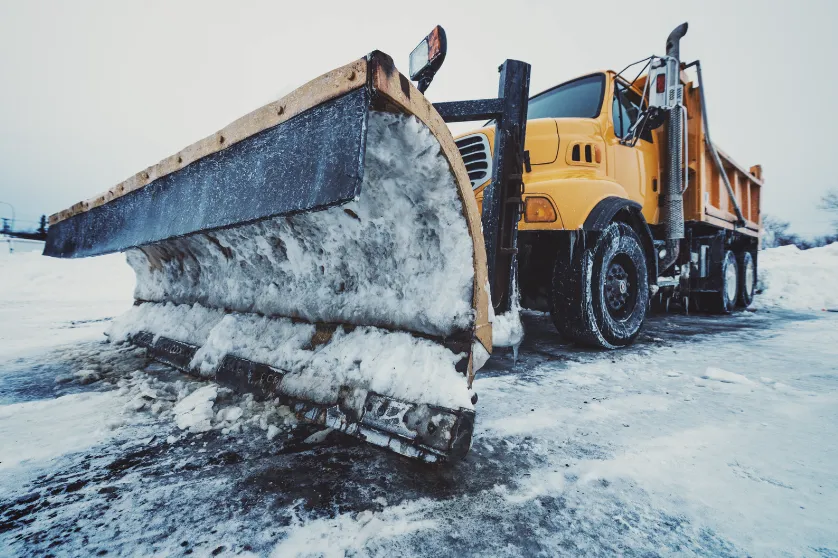
It Is Ice to See You
How Seasonal Connections Are Affected by Climate Change

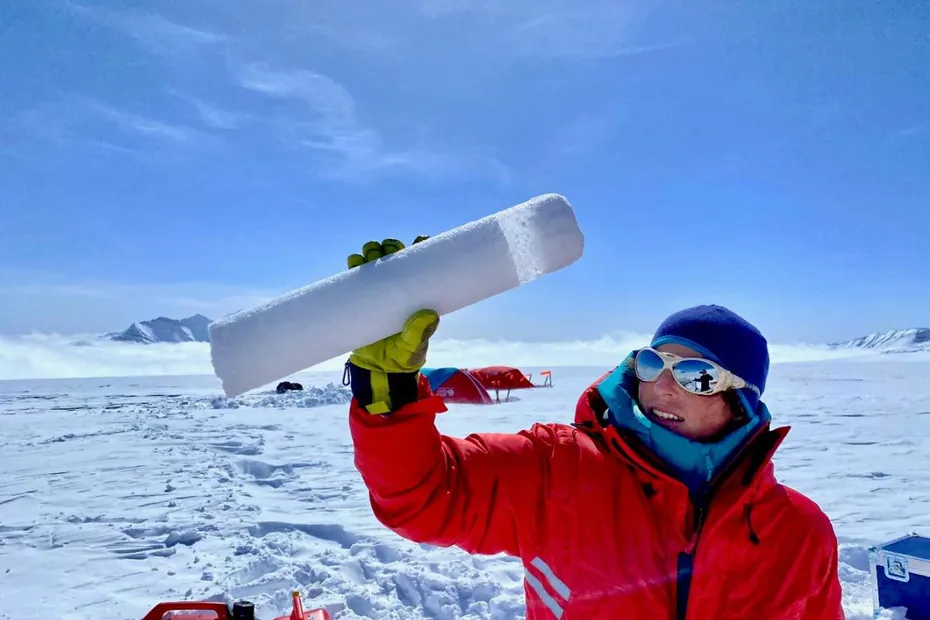
Getting to the Core of Climate Change
A Look at How Refrigerants Are Affecting Our Environment through Ice Cores
Related Articles


Food Chain Reactions
How Climate Change is Impacting Canada's Lakes


It Is Ice to See You
How Seasonal Connections Are Affected by Climate Change


Getting to the Core of Climate Change
A Look at How Refrigerants Are Affecting Our Environment through Ice Cores




